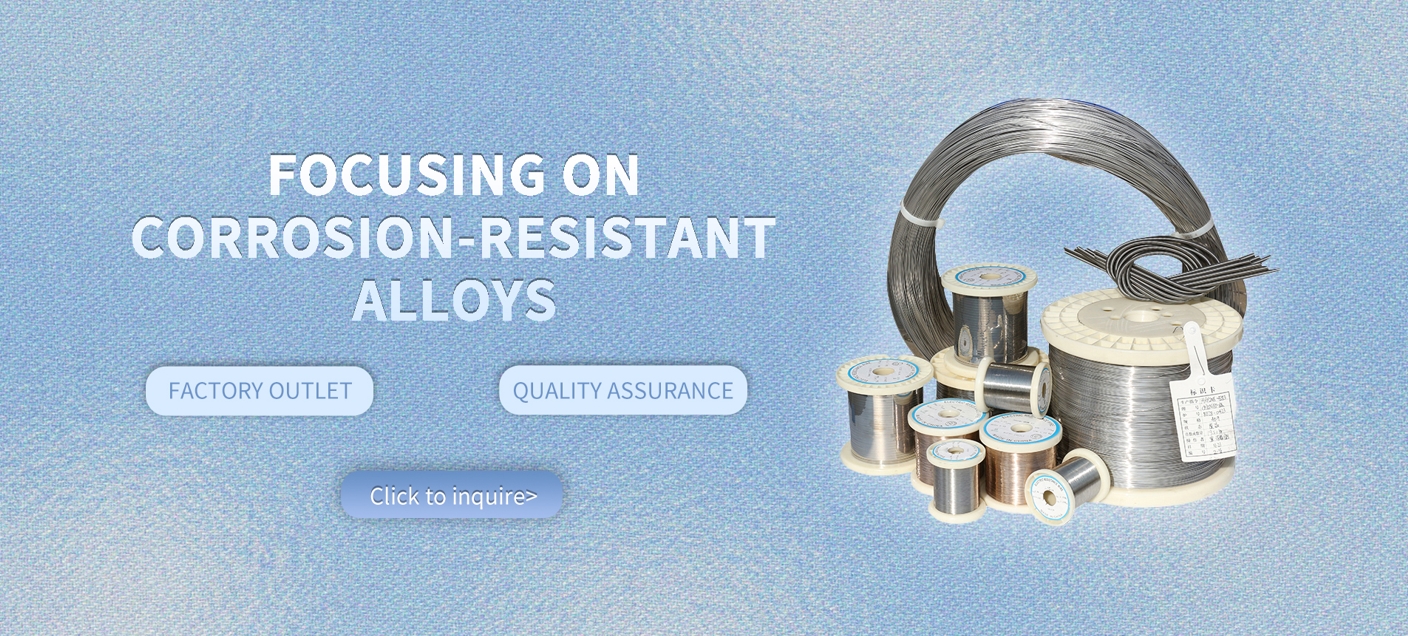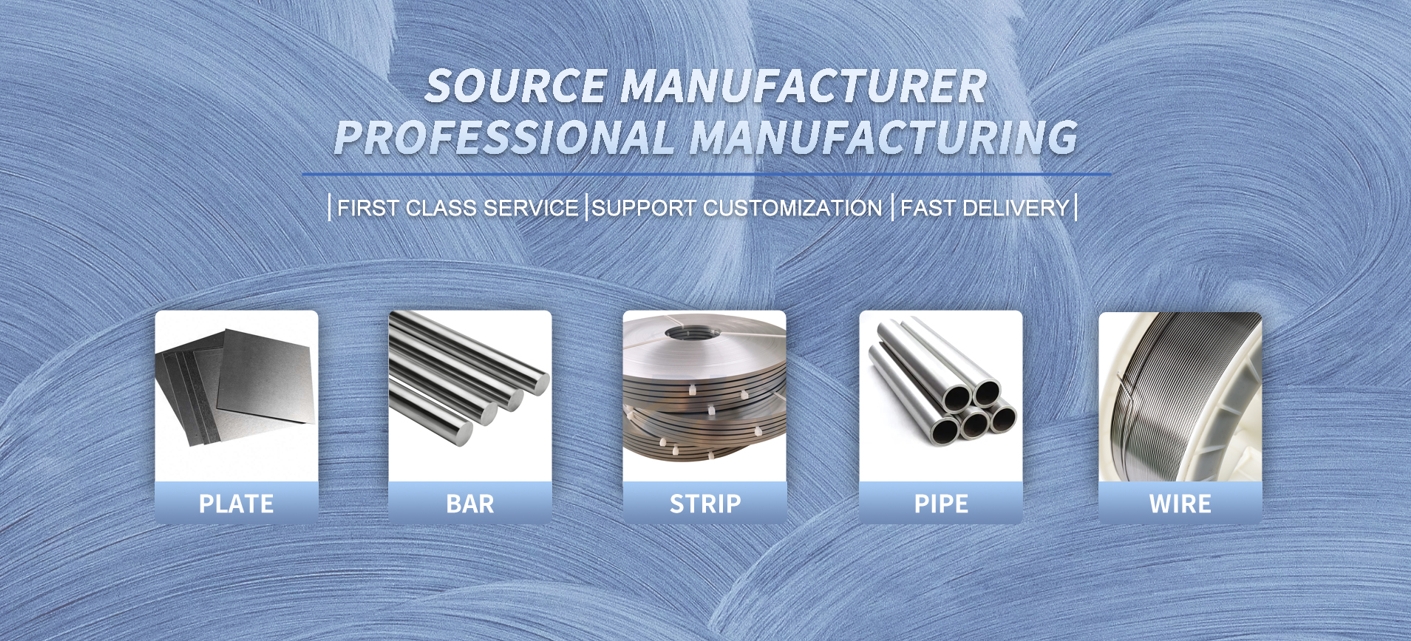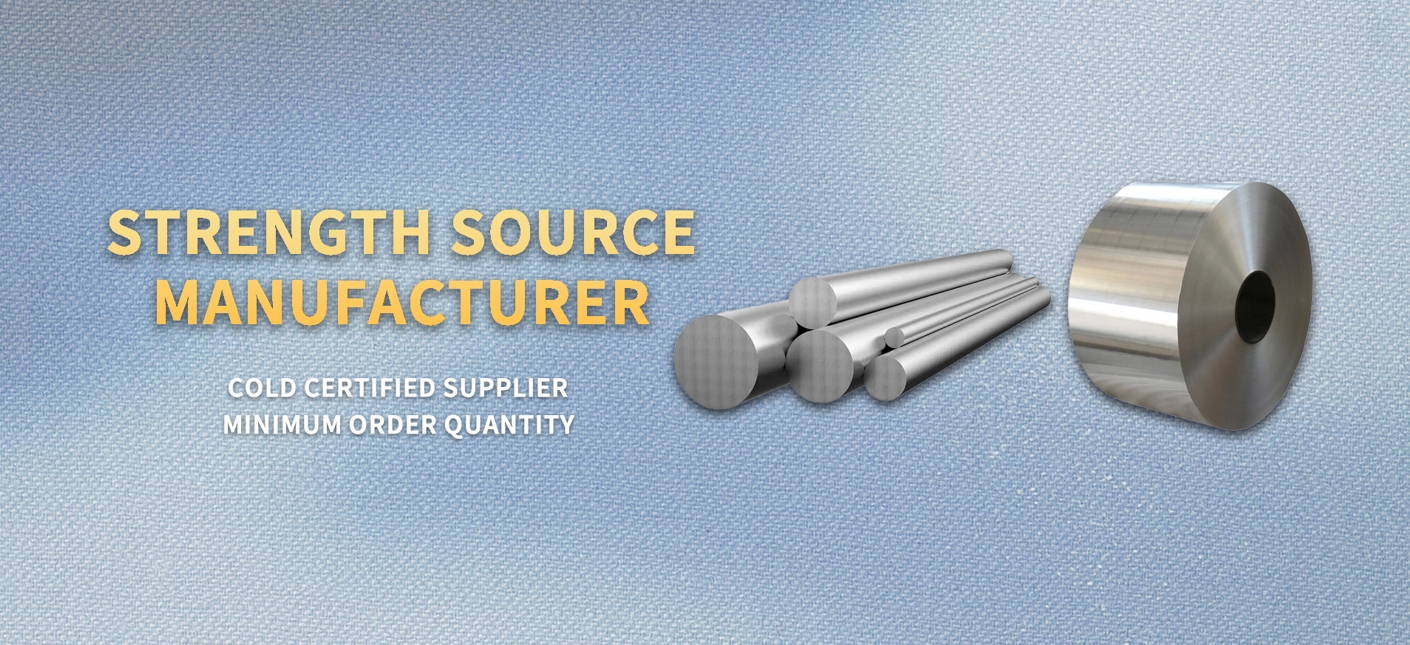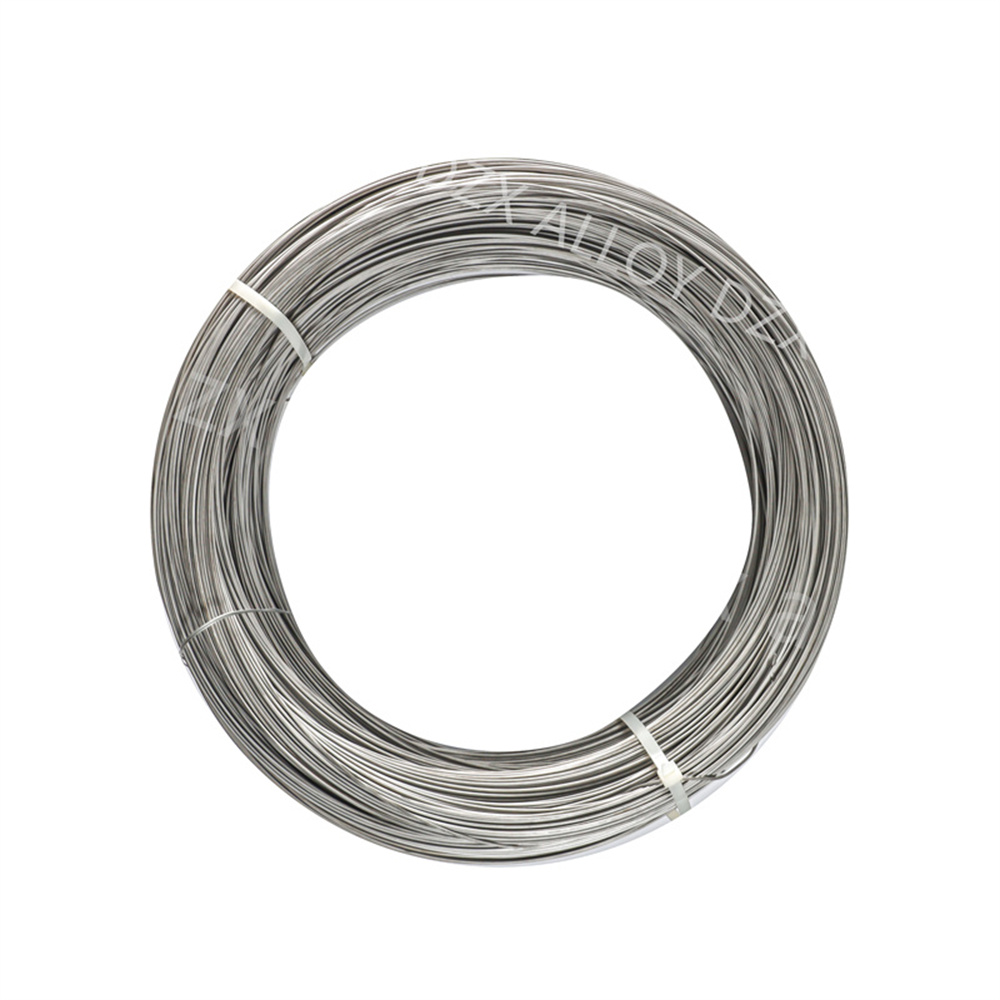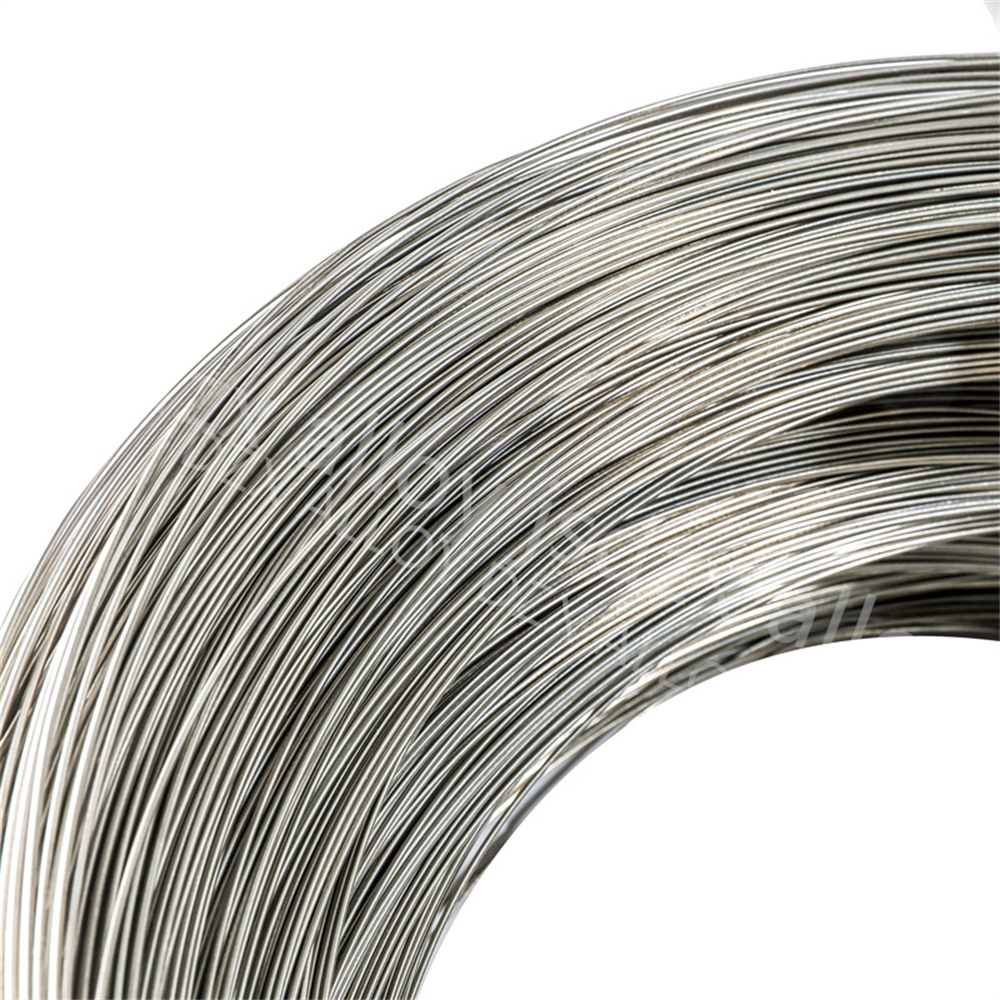Premium CuNi Wire for Advanced Electrical and Thermal Conductivity
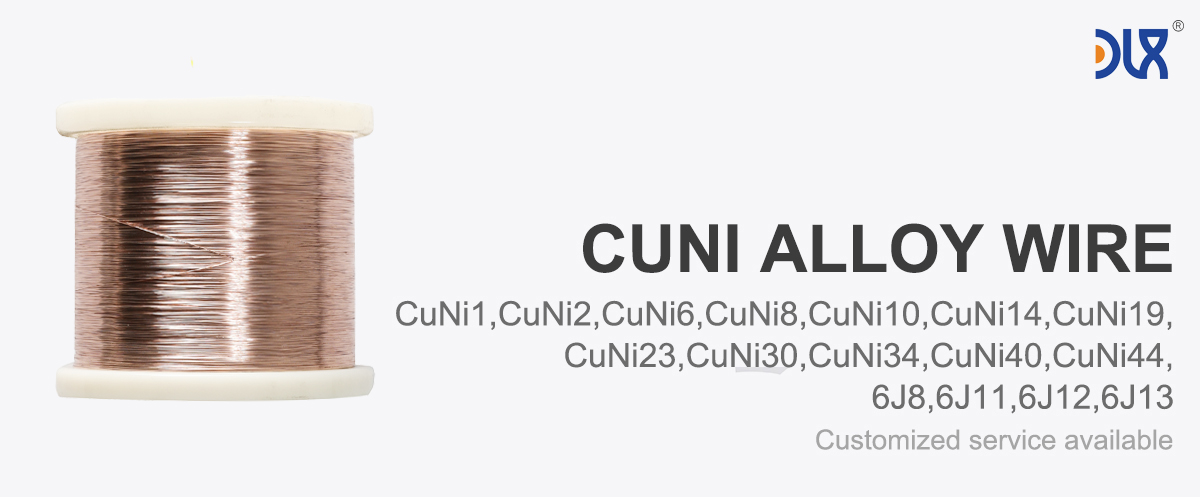
Our premium CuNi wire is the real deal when you need top-tier electrical and thermal conductivity for advanced projects. This copper-nickel alloy is our flagship offering for engineers who demand precision and reliability in high-stakes applications, from cutting-edge electronics to heavy-duty energy systems.
Let’s talk about its electrical performance first. CuNi wire strikes a sweet spot with its stable resistivity, making it a favorite for precision resistors, thermocouples, and conductive components. Whether it’s a control circuit in aerospace or a sensor in an energy plant, this wire delivers consistent results. Alloys like CuNi44 are especially great for applications needing exact electrical properties.
On the thermal side, CuNi wire is a champ at transferring heat efficiently. With thermal stability up to 400°C—and some grades like CuNi30Mn hitting 500°C—it’s perfect for heating cables, thermal sensors, and systems where heat management is critical. You get reliable performance without worrying about degradation, even in tough conditions.
Corrosion resistance is another reason we love this wire. The nickel content, ranging from 10% to 44%, plus additives like iron, makes it a beast against saltwater, chemicals, and humidity. That’s why it’s a staple in marine applications like ship wiring and offshore platforms, where other materials would corrode in no time.
Customization is where CuNi really shines. Need a specific resistivity or form? We can tweak the nickel blend or supply it as wire, strip, or ribbon to fit your exact specs. It’s super formable, so you can bend or weld it with ease, which is a huge plus for complex manufacturing in electronics or automotive projects.
Parameter:

Properties Material | Resistivity 200c μΩ.m | Max working temperature (℃) | Tensile strength (Mpa) | Melting point (℃) | Density (g/cm3) | TCR *10-6/℃ (20-600℃) | EMF vs Cu (μV/℃) (0-100℃) |
CuNi1 | 0.03 | 200 | 210 | 1085 | 8.9 | <100 | -8 |
CuNi2 | 0.05 | 200 | 220 | 1090 | 8.9 | <120 | -12 |
CuNi6 | 0.1 | 220 | 250 | 1095 | 8.9 | <60 | -18 |
0.12 | 250 | 270 | 1097 | 8.9 | <57 | -22 | |
CuNi10 | 0.15 | 250 | 290 | 1100 | 8.9 | <50 | -25 |
CuNi14 | 0.2 | 300 | 310 | 1115 | 8.9 | <30 | -28 |
0.25 | 300 | 340 | 1135 | 8.9 | <25 | -32 | |
0.3 | 300 | 350 | 1150 | 8.9 | <16 | -34 | |
CuNi30 | 0.35 | 350 | 400 | 1170 | 8.9 | <10 | -37 |
CuNi34 | 0.4 | 350 | 400 | 1180 | 8.9 | 0 | -39 |
CuNi44 | 0.5 | 400 | 420 | 1200 | 8.9 | <-6 | -43 |
Size Range | |
Wire | 0.08-7.5mm |
Ribbon | (0.05-0.35)*(0.5-6.0)mm |
Strip | (0.50-2.5)*(5-180)mm |
Rod | 8-50mm |
For more details, pls directly contact us.
The industry’s trending toward materials that combine performance with sustainability, and CuNi wire nails it. It’s fully recyclable, which is awesome for eco-friendly initiatives, and its durability means fewer replacements and less waste. As sectors like renewable energy and IoT grow, CuNi’s versatility and reliability are in high demand.
Compared to other materials, CuNi holds its own. Pure copper’s a conductivity superstar but fails in corrosive environments. Aluminum’s lightweight and conductive but lacks CuNi’s thermal stability and corrosion resistance. Nichrome’s great for high-heat applications but isn’t as versatile for electrical precision. CuNi strikes the perfect balance for advanced needs.
We produce our CuNi wire to meet strict standards like ISO 9001, so you’re getting premium quality every time. Whether you’re building next-gen electronics or robust thermal systems, this wire’s ready to perform. Got a unique project? Let us know, and we’ll customize it to make your vision a reality.

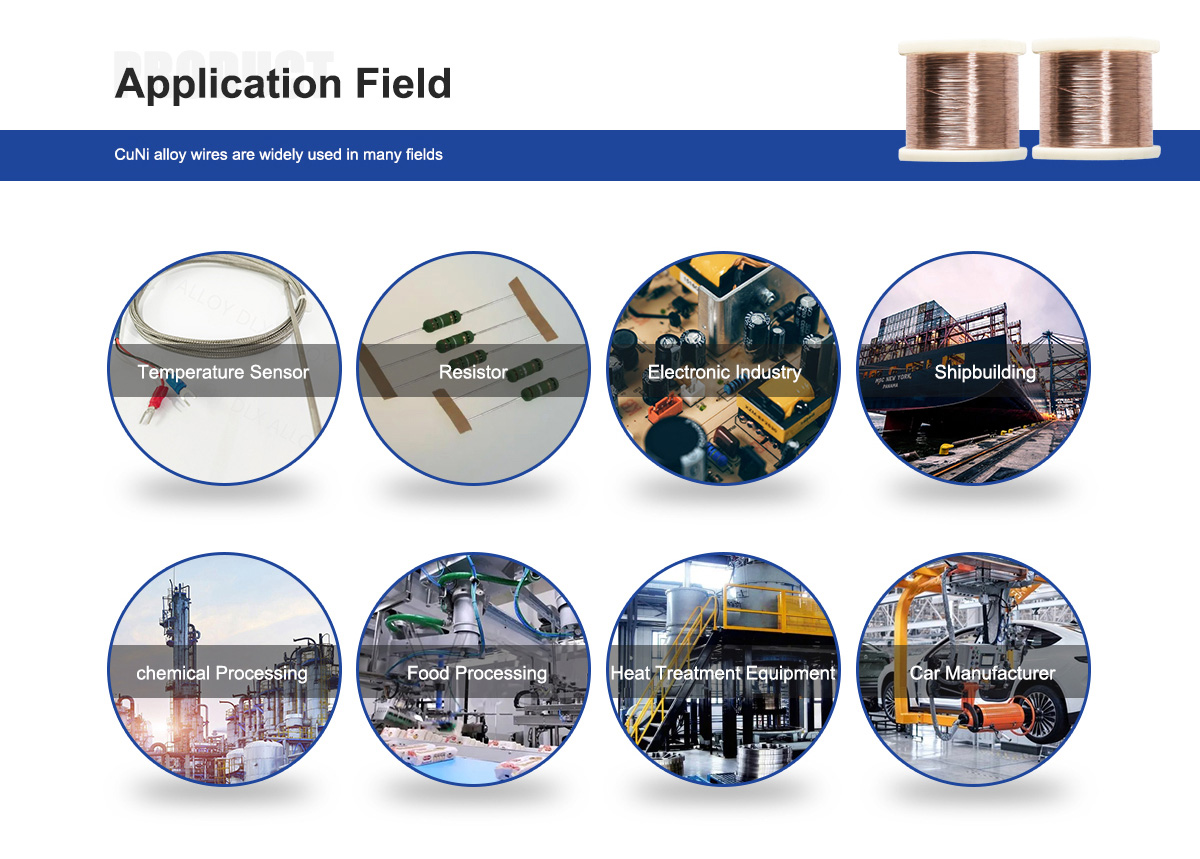
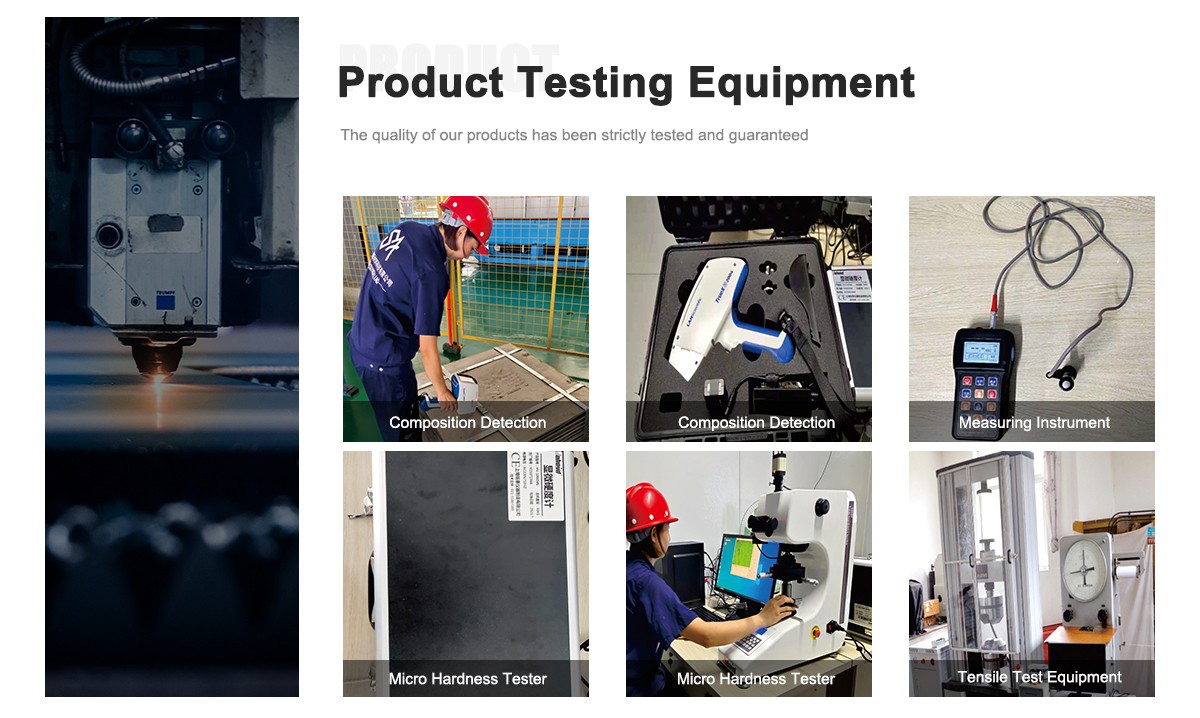
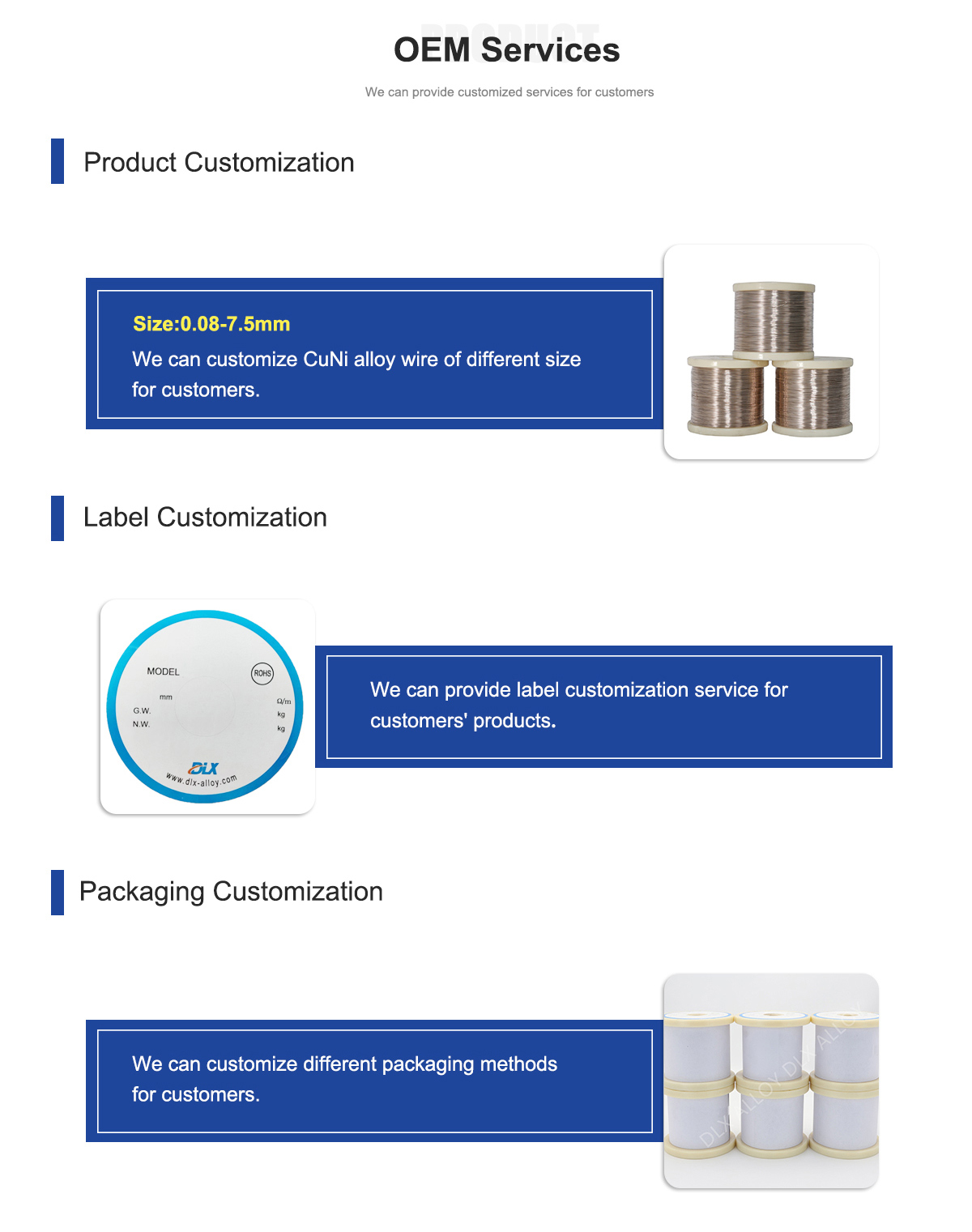
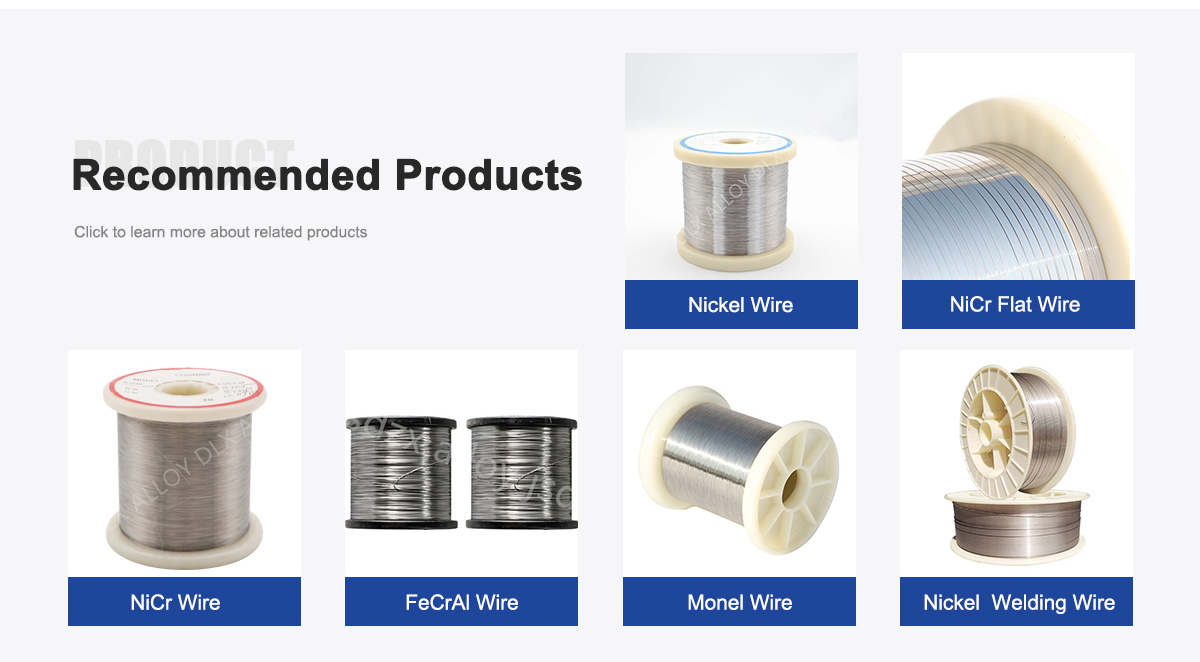
About Us:
Our 12,000㎡ factory is equipped with complete capabilities for research, production, testing, and packaging. We strictly adhere to ISO 9001 standards in our production processes, with an annual output of 1,200 tons. This ensures that we meet both quantity and quality demands. Furthermore, all products undergo rigorous simulated environment testing including high temperature, high pressure, and corrosion tests before being dispatched, ensuring they meet customer specifications.
For all our clients, we offer timely and multilingual after-sales support and technical consulting, helping you resolve any issues swiftly and efficiently.
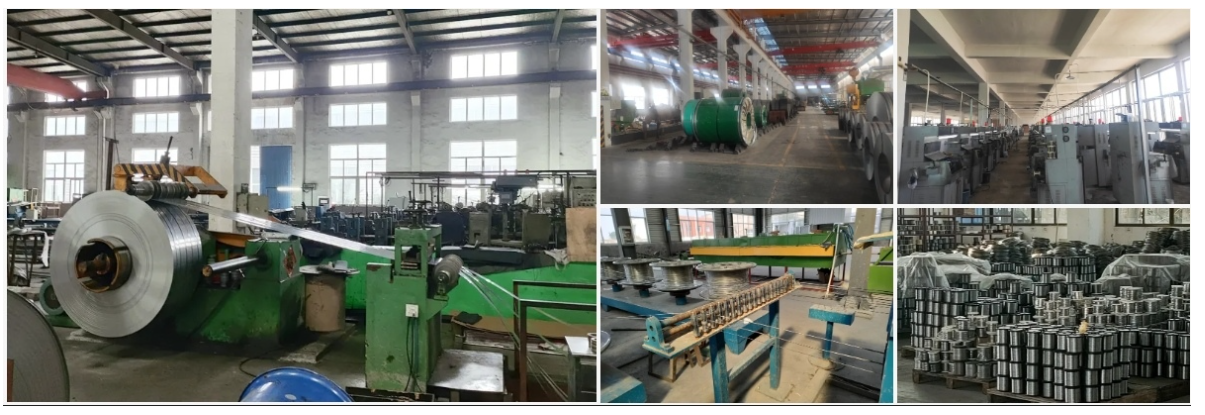
Client Visits
Building Stronger Partnerships
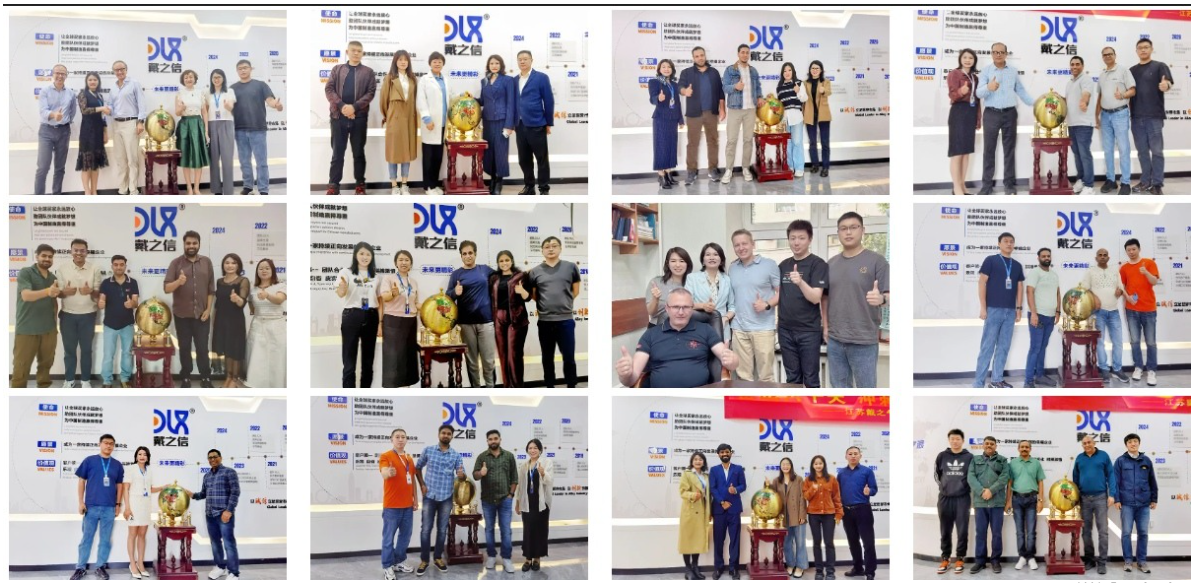
We support all kinds of testing:
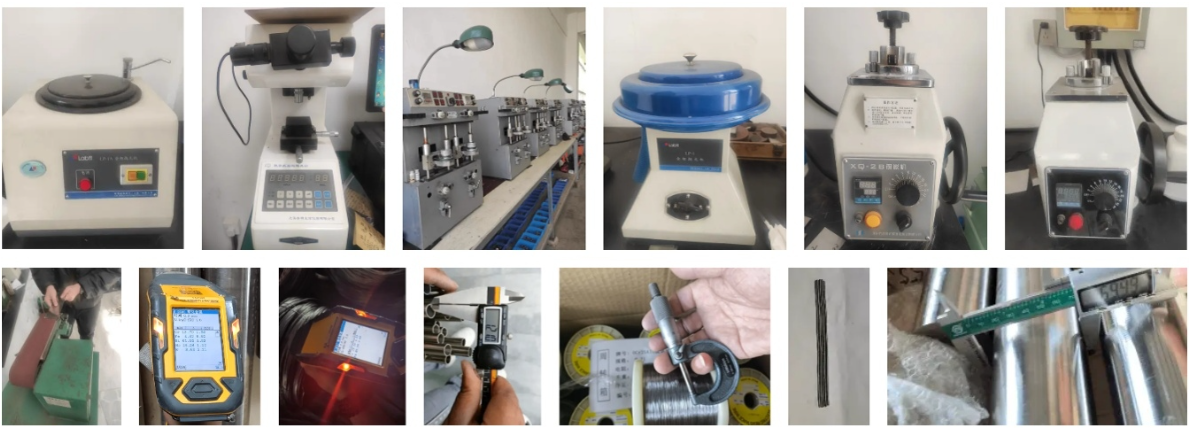
FAQs
What makes CuNi wire great for electrical applications?
Its balanced electrical conductivity and stable resistivity, especially in alloys like CuNi44, make it ideal for precision resistors and electrical components.How does CuNi wire handle thermal conductivity?
It efficiently transfers heat, with thermal stability up to 400-500°C, perfect for heating elements and thermally conductive systems.What industries use CuNi wire for these properties?
It’s a go-to in electronics, aerospace, energy, and marine industries for resistors, thermocouples, heating cables, and conductive components.Does CuNi wire resist corrosion?
Absolutely, the nickel content (10% to 44%) and additives like iron make it highly resistant to corrosion in saltwater and chemical environments.Is CuNi wire cost-effective for advanced applications?
It’s pricier than basic metals, but its durability and performance in critical systems save costs on maintenance and replacements.How does CuNi wire compare to aluminum for conductivity?
CuNi has lower electrical conductivity than aluminum but offers better corrosion resistance and thermal stability, making it suited for harsher conditions.Can you customize CuNi wire for specific projects?
For sure! We can adjust nickel content, resistivity, or form (wire, strip, ribbon) to meet precise electrical or thermal requirements.Is CuNi wire environmentally friendly?
It’s recyclable, supporting sustainable practices, and its long lifespan reduces waste from frequent replacements.
